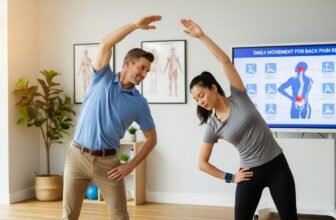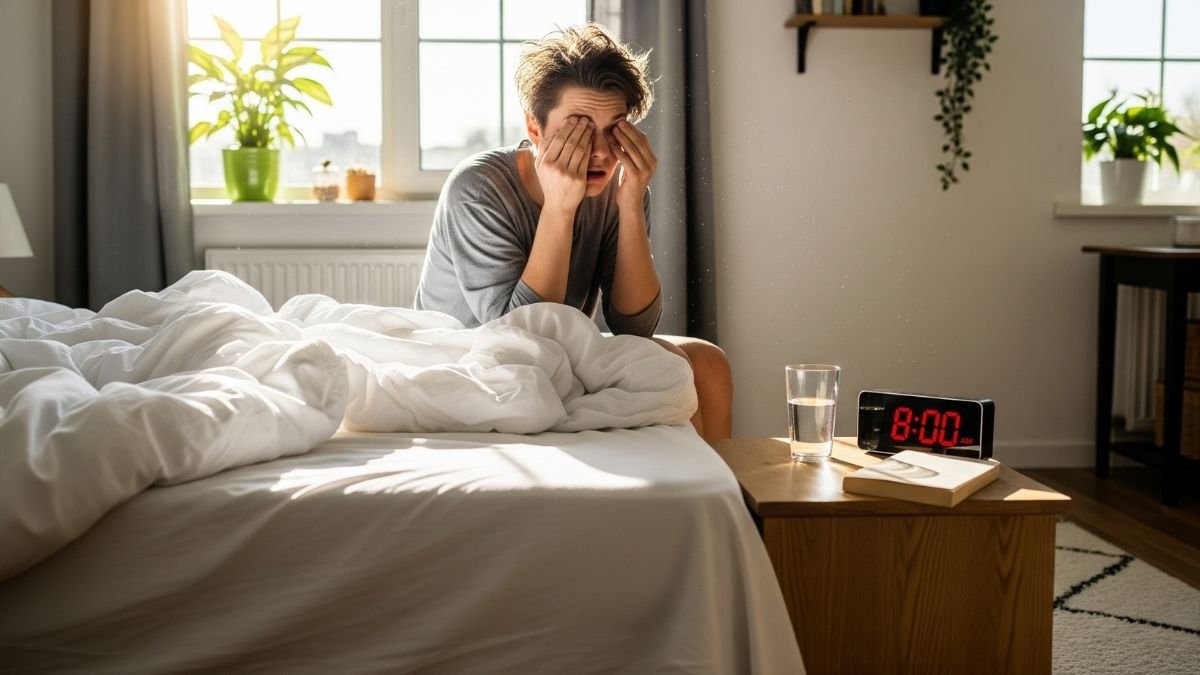
You hit the pillow at 10 PM, wake up at 6 AM, and still feel like you got hit by a truck. Sound familiar?
Here’s the thing that’ll blow your mind: You might be sleeping “enough” but sleeping wrong.
The latest groundbreaking research involving over 40,000 people and 58 million sleep records just shattered everything we thought we knew about sleep. Turns out, that magical “8-hour rule” we’ve all been chasing? It’s missing the entire point.
The real game-changer? Sleep quality accounts for 55% of how rested you feel, while duration only covers part of the story. And here’s the kicker – these two factors work almost independently of each other.
That means you can sleep for eight hours and wake up more exhausted than someone who only got six hours of quality sleep.
The Plot Twist That Changes Everything
💤 Sleep Efficiency Calculator
You’re lying in bed for eight hours, but your body is only actually sleeping for six.
The rest of the time? You’re tossing, turning, and having micro-awakenings you don’t even remember. This is called sleep efficiency, and it’s the metric most people have never heard of but desperately need to understand.
Normal sleep efficiency runs between 85-95%. But here’s what’s scary – millions of people are stuck at 75-80% efficiency.
Translation: Your eight hours in bed = only six hours of actual restorative sleep.
Your Brain’s Overnight Cleaning Crew
While you sleep, something incredible happens in your brain. There’s this thing called the glymphatic system – think of it as your brain’s overnight janitorial service.
This system works 10 times harder during sleep, washing out toxic proteins and cellular junk that builds up during your day. But here’s the catch: it only works properly during uninterrupted deep sleep.
When your sleep gets fragmented by those tiny 3-15 second wake-ups (that you never even notice), this cleaning system goes on strike. All that mental garbage just sits there, leaving you foggy and exhausted the next day.
The Four Sleep Stages: Why Deep Sleep Is Your Best Friend
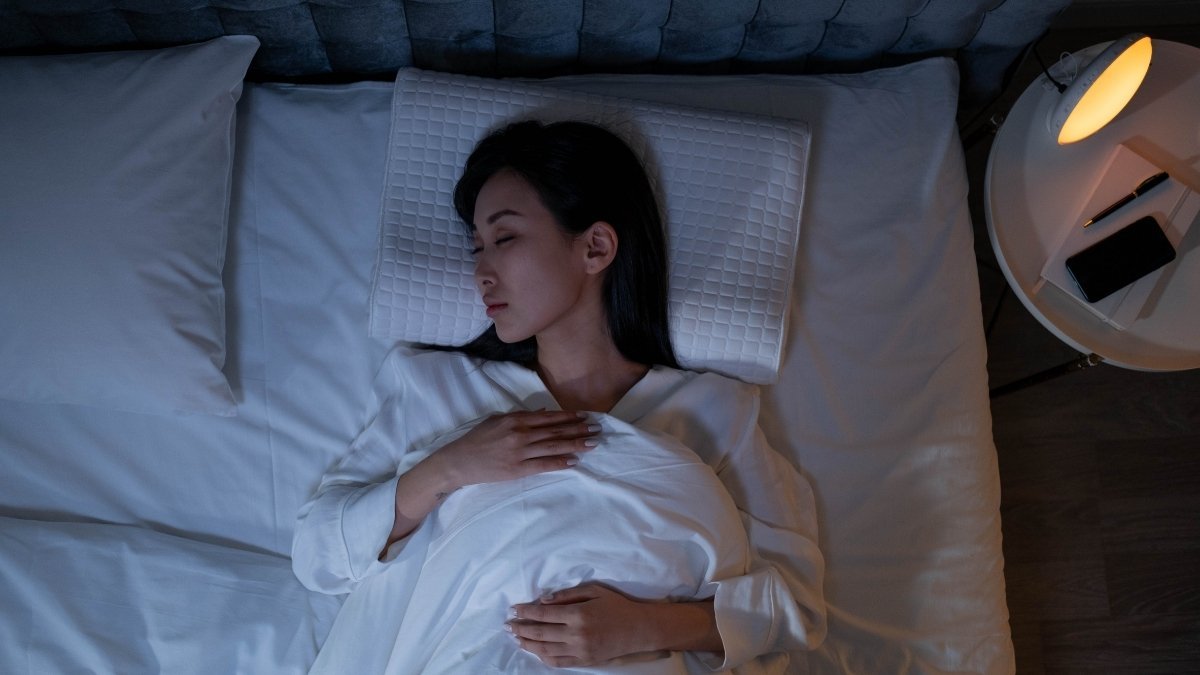
Your sleep isn’t just one flat line of unconsciousness. It’s a carefully choreographed dance through four different stages, cycling every 90-120 minutes.
Stage 1: Light sleep (falling asleep)
Stage 2: Deeper sleep (your body temperature drops)
Stage 3: Deep sleep (the golden ticket)
REM: Dream sleep (memory processing)
Here’s where it gets interesting: Deep sleep is where the magic happens.
During this stage:
- 95% of your growth hormone gets released
- Your tissues repair themselves
- Your brain consolidates memories
- That glymphatic cleaning system kicks into high gear
But here’s the cruel irony: Deep sleep naturally decreases as we age. Young adults get about 19% deep sleep. By age 50? You’re down to just 3%.
No wonder you don’t bounce back like you used to.
Why Modern Life Is Sabotaging Your Sleep (Even When You Think You’re Doing Everything Right)
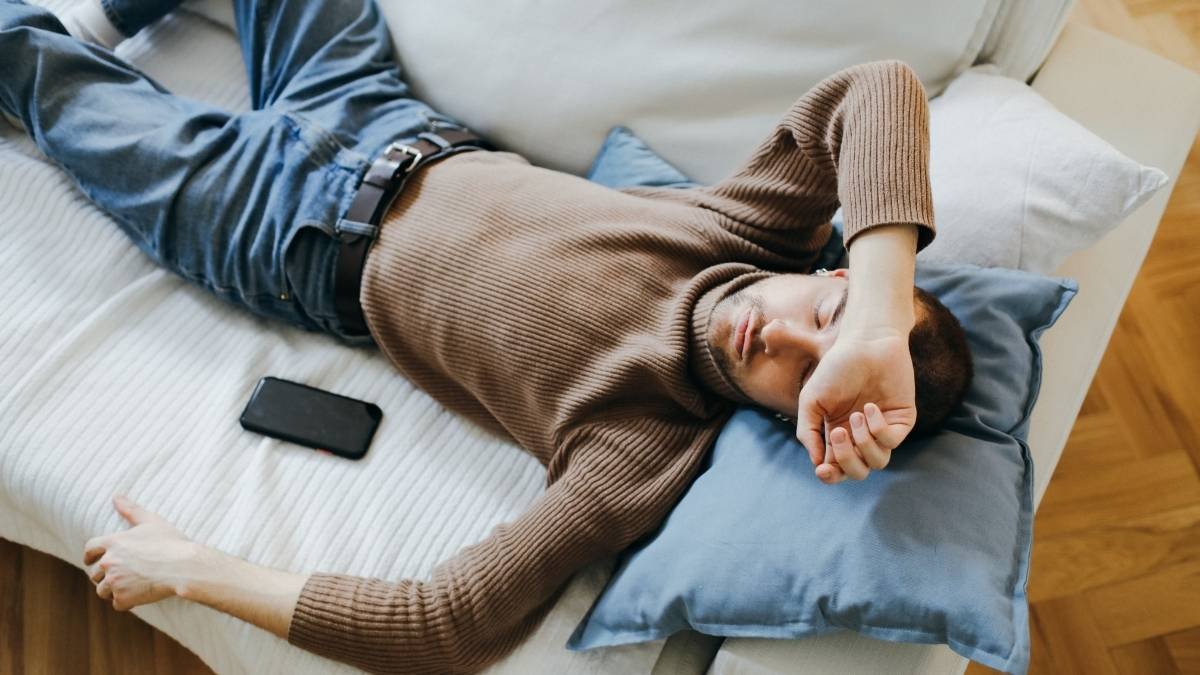
The Blue Light Conspiracy
Remember when your grandparents said TV would rot your brain? They were onto something, just for different reasons.
That blue light from your phone, laptop, and TV? It suppresses melatonin for twice as long as other types of light. Even worse, it can shift your internal clock by up to three hours.
Here’s the math that’ll make you rethink your bedtime scroll:
- Just 2 hours of evening blue light = 1.1-hour delay in falling asleep
- 90% of Americans use devices within an hour of bedtime
- Each extra hour of screen time = 59% higher insomnia risk
Your Stress Hormones Are Pulling an All-Nighter
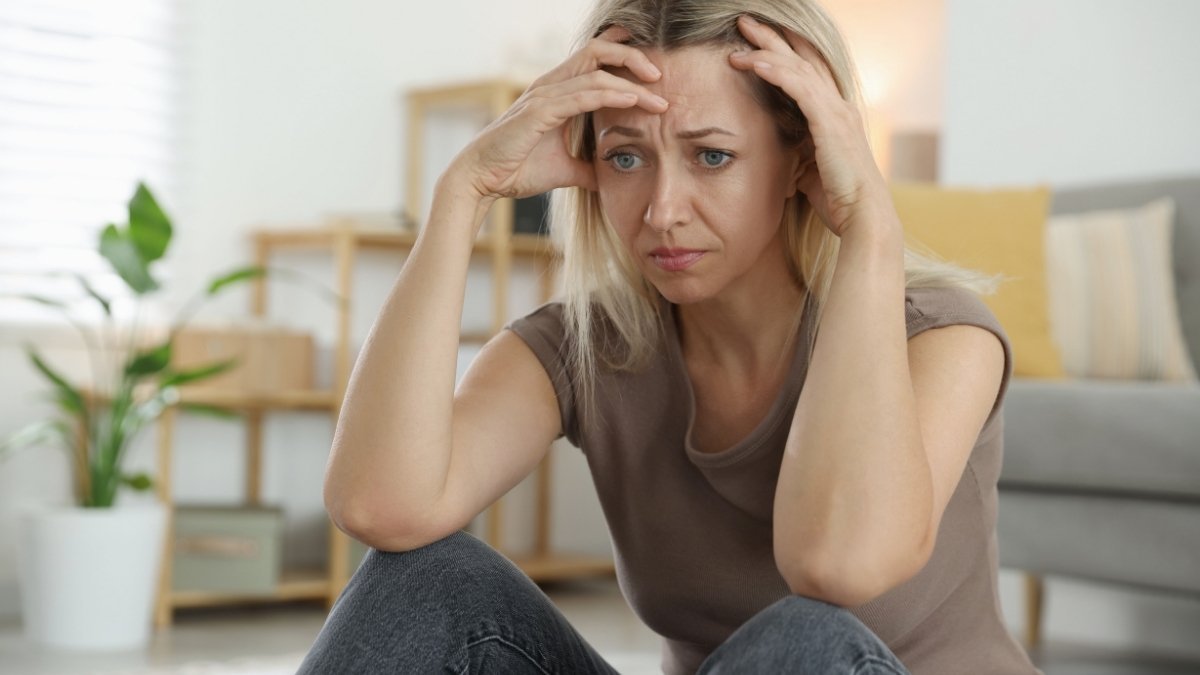
Ever notice how you sleep terribly when you’re stressed? There’s a vicious cycle happening that most people don’t realize.
Poor sleep triggers higher cortisol (stress hormone) the next day. Higher cortisol makes it harder to fall into a deep sleep that night. Rinse and repeat until you’re a walking zombie.
The research shows this hits men and women differently, too. Stress makes men’s cortisol spike even higher after bad sleep, while it blunts women’s cortisol response.
Your Environment Is Working Against You
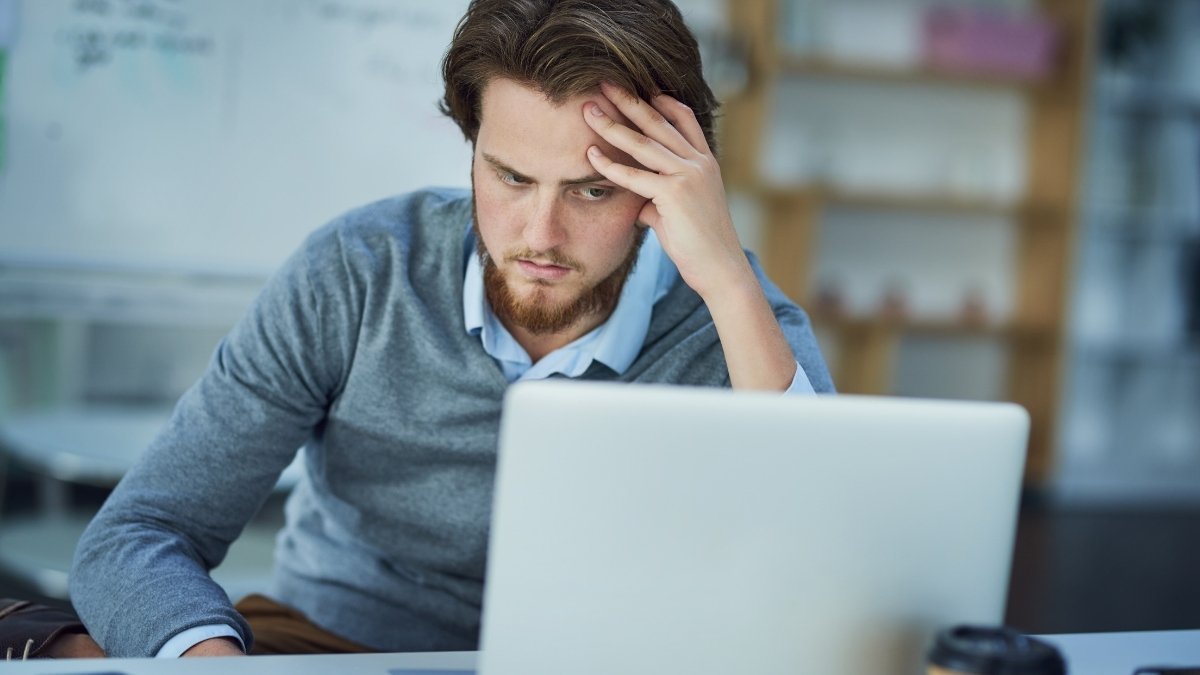
City living comes with a hidden sleep tax. If you’re dealing with:
- Noise over 55 decibels (that’s normal traffic): Your bedtime gets pushed back 30-40 minutes
- Air pollution: Directly disrupts your sleep architecture
- Light pollution: It confuses your circadian rhythm
Nearly 43% of urban dwellers report poor sleep quality linked to environmental factors. Your bedroom might look peaceful, but your sleep is under attack from forces you can’t even see.
The Genetics Plot Twist: Why Your Sleep Needs Are Uniquely Yours
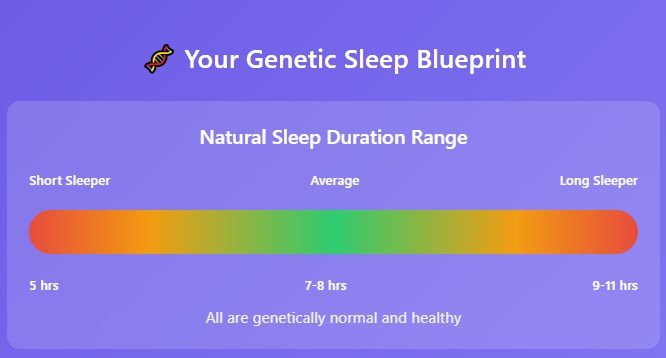
Here’s something that might make you feel better about your “weird” sleep schedule: Healthy adults naturally need anywhere from 5 to 11 hours of sleep.
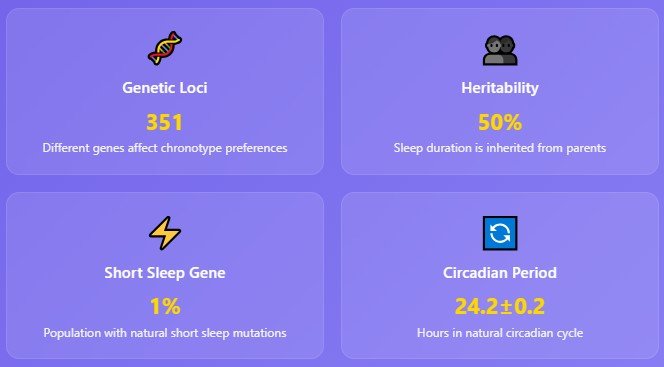
Yep, you read that right. Some people have genetic mutations that let them function perfectly on 4-6 hours. Others genuinely need 9+ hours to feel human.
Scientists have identified 351 different genetic factors that influence whether you’re a morning person or a night owl. Sleep duration itself is about 50% inherited.
The Hidden Epidemic of Sleep Disorders
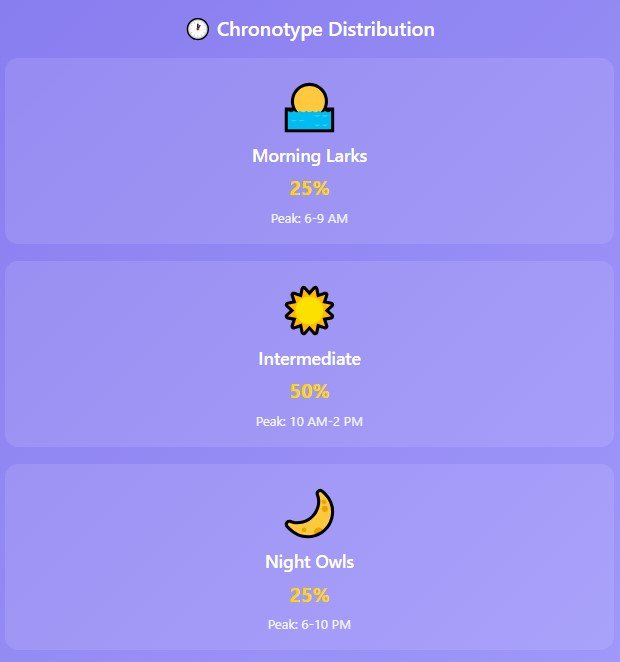
Here’s a stat that’ll wake you up: 26% of adults have sleep apnea, but 80% don’t know it.
Sleep apnea causes your breathing to stop repeatedly during the night – sometimes 50+ times per hour. Each time, your brain jolts awake just enough to restart breathing, but not enough for you to remember.
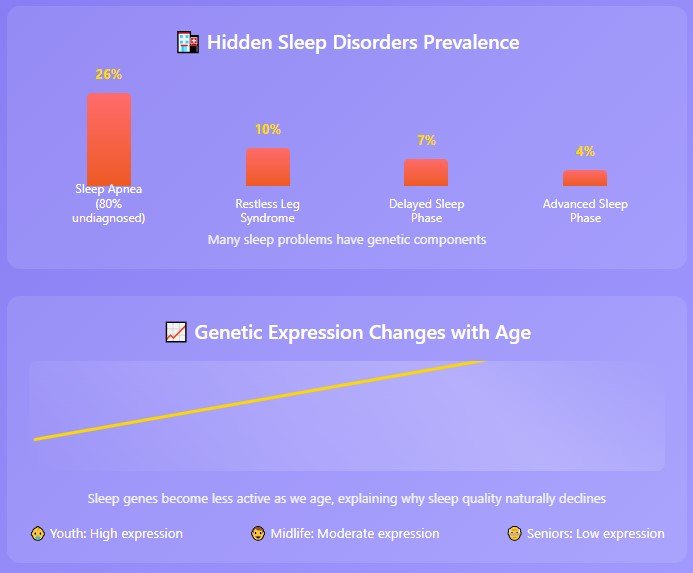
Result? You think you slept for eight hours, but your brain experienced the equivalent of a night-long earthquake.
Other sneaky sleep thieves:
- Restless leg syndrome (affects 5-10% of adults)
- Periodic limb movement (causes micro-movements you don’t notice)
- Sleep-onset insomnia (takes more than 30 minutes to fall asleep)
The Surprising Science That Flips Sleep Wisdom on Its Head
🤯 Sleep Myths Busted by Science
“First sleep” + “Second sleep”
Electric lighting disruption
Ready for some sleep facts that’ll mess with everything you thought you knew?
Exercise Makes You Sleep Less (But Better)
People who exercise more actually sleep fewer total hours but get significantly better quality sleep. Every 1,000 extra steps you take during the day correlates with sleeping 2.5 minutes less but getting 1.3 minutes more actual sleep.
Quality over quantity in action.
Weekend “Recovery Sleep” Backfires
Sleeping in on weekends doesn’t help you catch up – it makes things worse. This creates something called “social jetlag” (the difference between your weekday and weekend sleep schedule).
If your social jetlag exceeds 2 hours, your risk of metabolic problems increases by 27%. Your Monday morning brain fog isn’t just in your head.
Sleep Tracking Can Make Sleep Worse
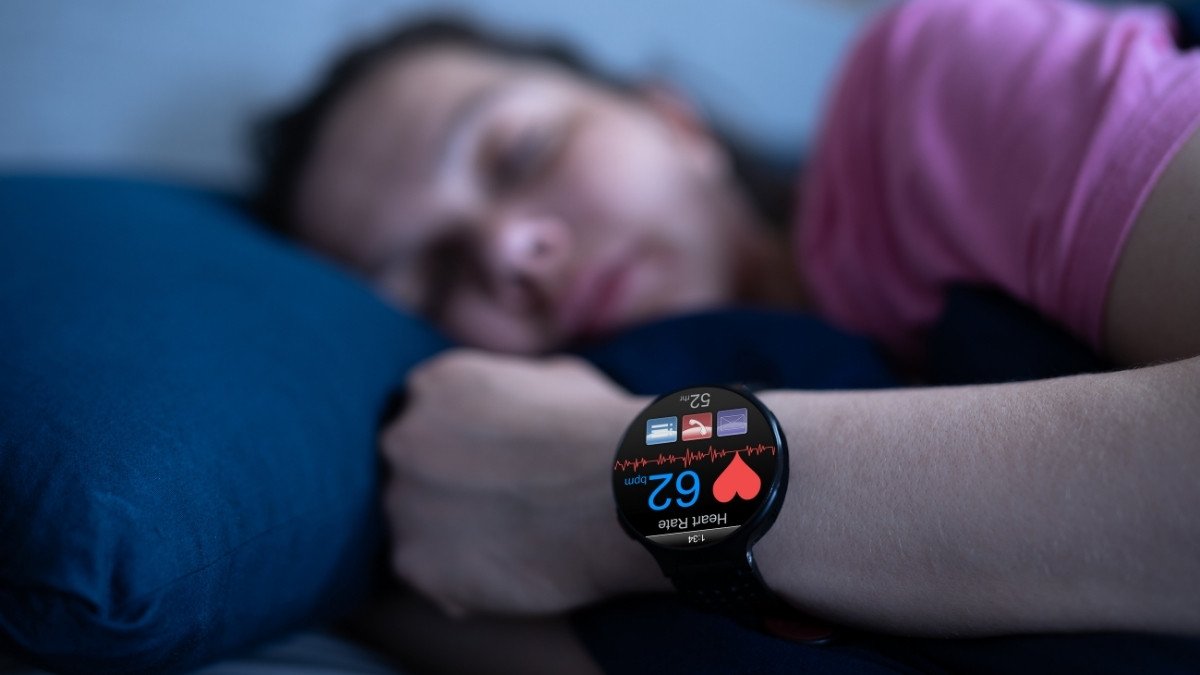
There’s a new phenomenon called “orthosomnia” – anxiety about your sleep metrics. About 23% of people who use sleep trackers develop worse sleep because they’re so worried about their numbers.
Sometimes ignorance is bliss.
Fragmented Sleep Beats No Sleep (But Just Barely)
Here’s the scariest finding: Sleep fragmentation is more harmful than equivalent sleep deprivation.
People with highly fragmented sleep show:
- 1.5x higher Alzheimer’s risk
- 22% faster cognitive decline annually
- Worse mood regulation than people who simply slept less
Your brain needs those uninterrupted cycles more than it needs extra time.
The Game-Changing Solutions That Work
Forget counting sheep. Here’s what the latest science says improves sleep quality:
Master Your Light Exposure
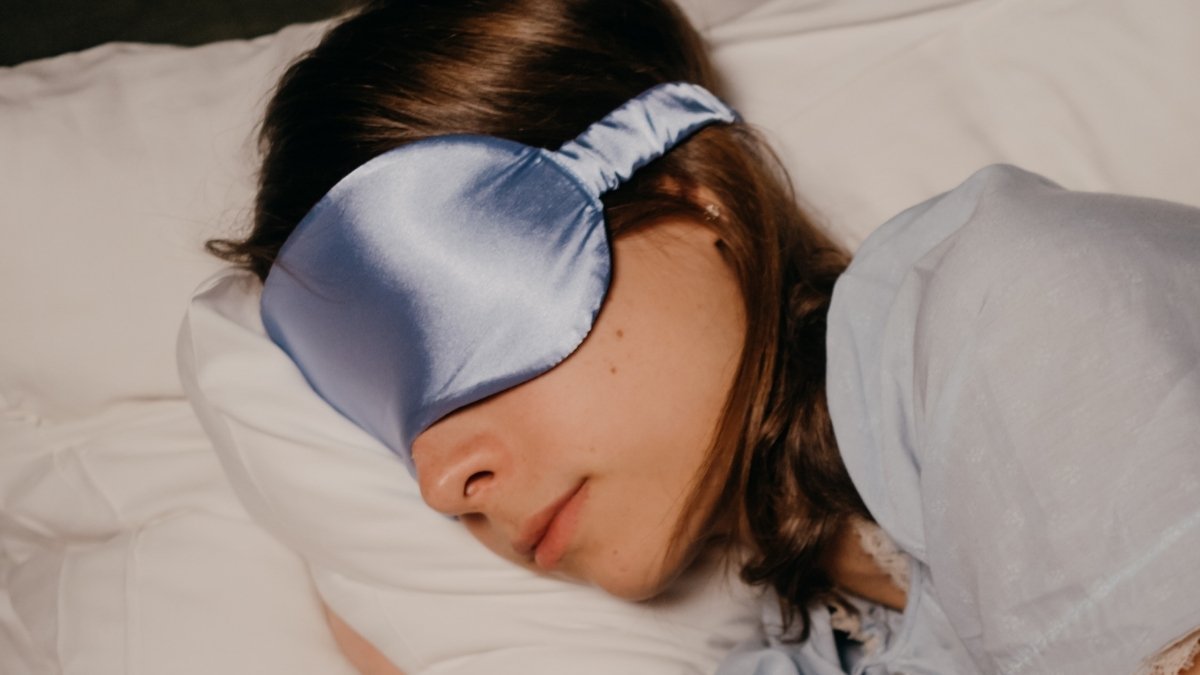
Morning: Get 30+ minutes of bright light (10,000 lux) within 2 hours of waking up. This sets your circadian rhythm for the entire day.
Evening: Dim all lights 3 hours before bed. Use blue light blockers if you must use devices.
Pro tip: Your phone’s “night mode” isn’t enough. Get actual blue light-blocking glasses.
Use Temperature as Your Sleep Signal
Take a hot bath 30 minutes to 2 hours before bed. When you get out, your core body temperature drops rapidly, triggering natural sleepiness.
Your bedroom should be 60-67°F (15-19°C) for optimal sleep. Most people keep their rooms too warm.
Try the Counterintuitive Approach: Sleep Restriction
This sounds crazy, but it works. Limit your time in bed to only the hours you sleep.
If you sleep 6 hours but spend 8 hours in bed, only allow yourself 6 hours in bed. This builds up sleep pressure and consolidates your sleep into deeper, more efficient blocks.
Smart Nutrition Timing

What helps:
- Tart cherry juice (natural melatonin)
- High-fiber foods (increase slow-wave sleep)
- Soy isoflavones (improve sleep through hormonal pathways)
What hurts:
- Caffeine 8+ hours before bed (yes, really)
- Alcohol within 3 hours of sleep
- Large meals within 2 hours of bedtime
The Professional Perspective: What Sleep Doctors Want You to Know

Dr. Michael Grandner, a leading sleep researcher, puts it perfectly: “Sleep quality depends on depth, duration, and timing – not just the number of hours spent in bed.”
Sleep medicine is shifting focus from “Are you getting 8 hours?” to “How efficient is your sleep?”
The New Sleep Quality Metrics
Instead of obsessing over duration, track these:
Sleep Efficiency: Time asleep ÷ time in bed. Aim for 85%+.
Sleep Regularity: Go to bed and wake up within 30 minutes of the same time daily.
Deep Sleep Percentage: Should be 15-20% of total sleep time.
Wake After Sleep Onset: Should be less than 5% of total sleep time.
Your Next Steps: From Exhausted to Energized
🚀 Your 4-Week Sleep Transformation
- ☐ Track sleep efficiency (not just time in bed)
- ☐ Count nightly awakenings
- ☐ Rate morning energy 1-10 daily
- ☐ Note current sleep/wake times
- ☐ Identify environmental factors
- ☐ Install blackout curtains/eye mask
- ☐ Add white noise machine/earplugs
- ☐ Lower bedroom temp to 65°F
- ☐ Remove electronic devices
- ☐ Upgrade mattress/pillows if needed
- ☐ Set consistent bedtime (weekends too!)
- ☐ Get morning light within 30min of waking
- ☐ Stop all screens 1hr before bed
- ☐ Use blue light blockers if needed
- ☐ Create wind-down routine
- ☐ Try warm bath/shower before bed
- ☐ Experiment with magnesium/melatonin
- ☐ Apply sleep restriction if needed
- ☐ Adjust caffeine timing
- ☐ Schedule follow-up assessment
Here’s your action plan:
Week 1: Audit Your Current Sleep
- Track your actual sleep efficiency (not just time in bed)
- Note how many times you wake up during the night
- Assess your morning energy levels on a 1-10 scale
Week 2: Fix Your Environment
- Install blackout curtains or an eye mask
- Use a white noise machine or earplugs
- Lower your bedroom temperature to 65°F
Week 3: Optimize Your Timing
- Set a consistent bedtime and wake time (yes, even on weekends)
- Get morning light exposure within 30 minutes of waking
- Stop all screens 1 hour before bed
Week 4: Fine-Tune Your Routine
- Try a warm bath or shower before bed
- Experiment with magnesium or melatonin (start with 0.5mg)
- Consider sleep restriction if you’re spending 8+ hours in bed but sleeping less
The Bottom Line: Quality Trumps Quantity Every Time
The exhaustion you feel after eight hours of sleep isn’t a personal failing – it’s a sign that your sleep architecture needs attention.
The latest research is crystal clear: Sleep efficiency, regularity, and stage distribution predict how you’ll feel better than total duration ever could.
Stop chasing hours. Start chasing quality.
Your brain – and your energy levels – will thank you.
What’s the biggest sleep myth you believed before reading this? Drop a comment below and let’s bust some more sleep misconceptions together.





